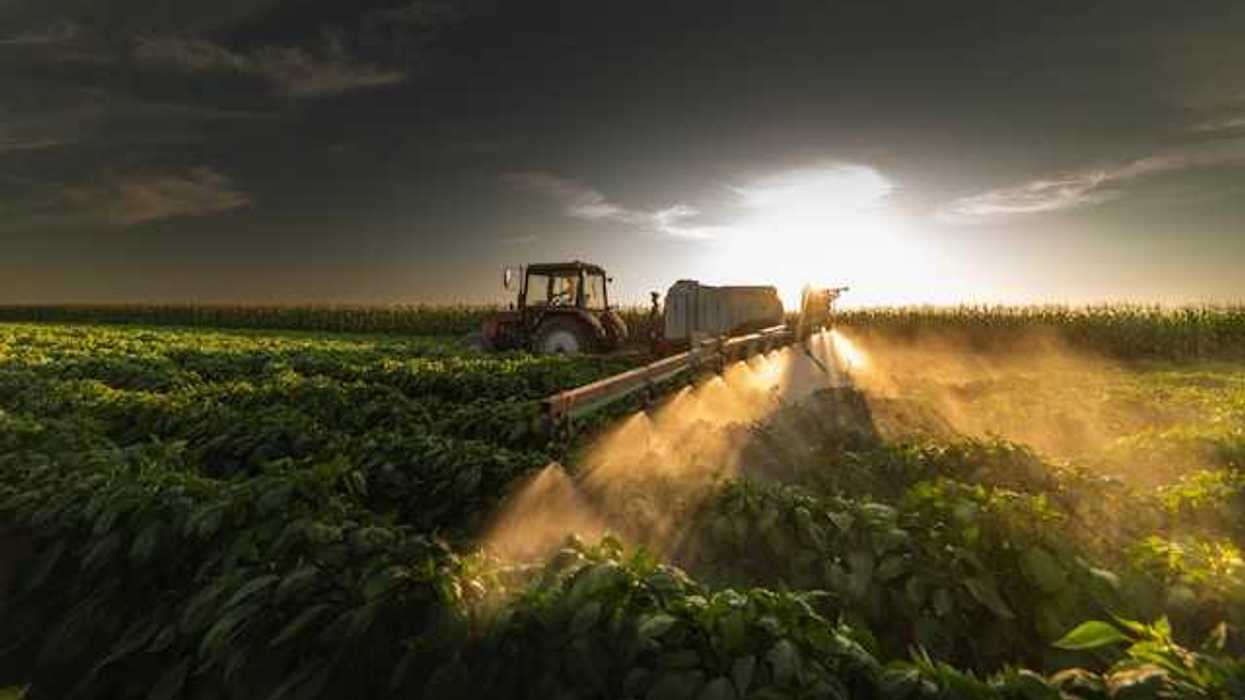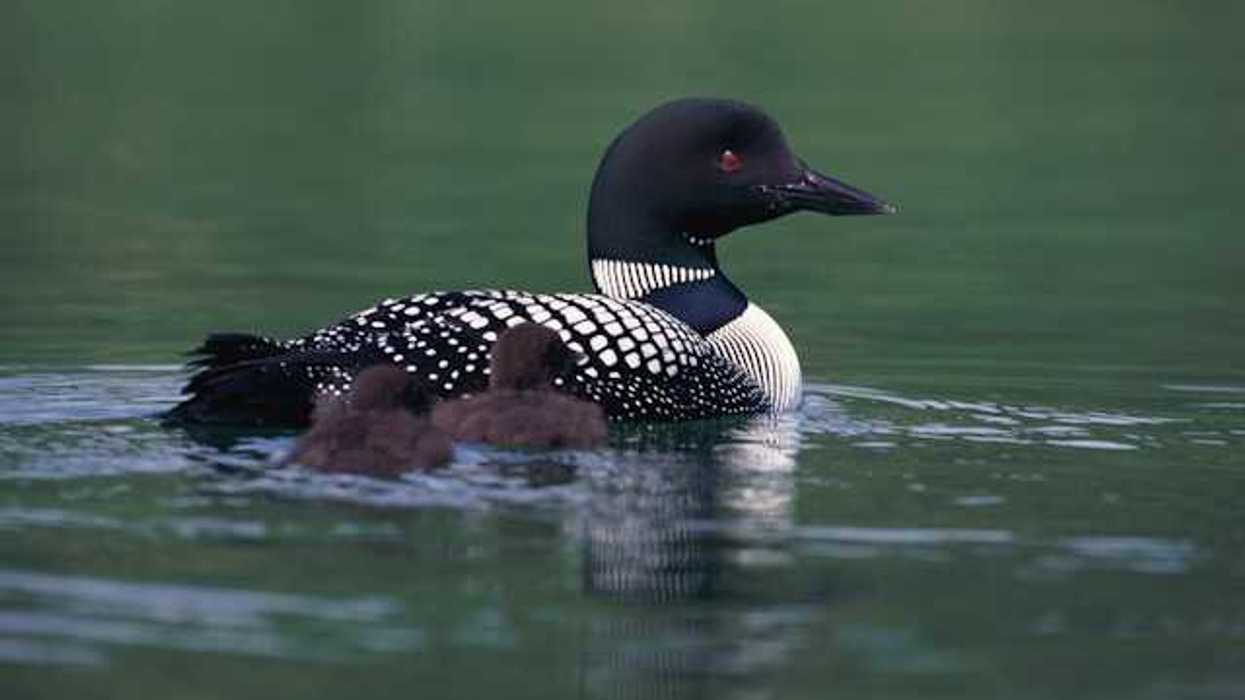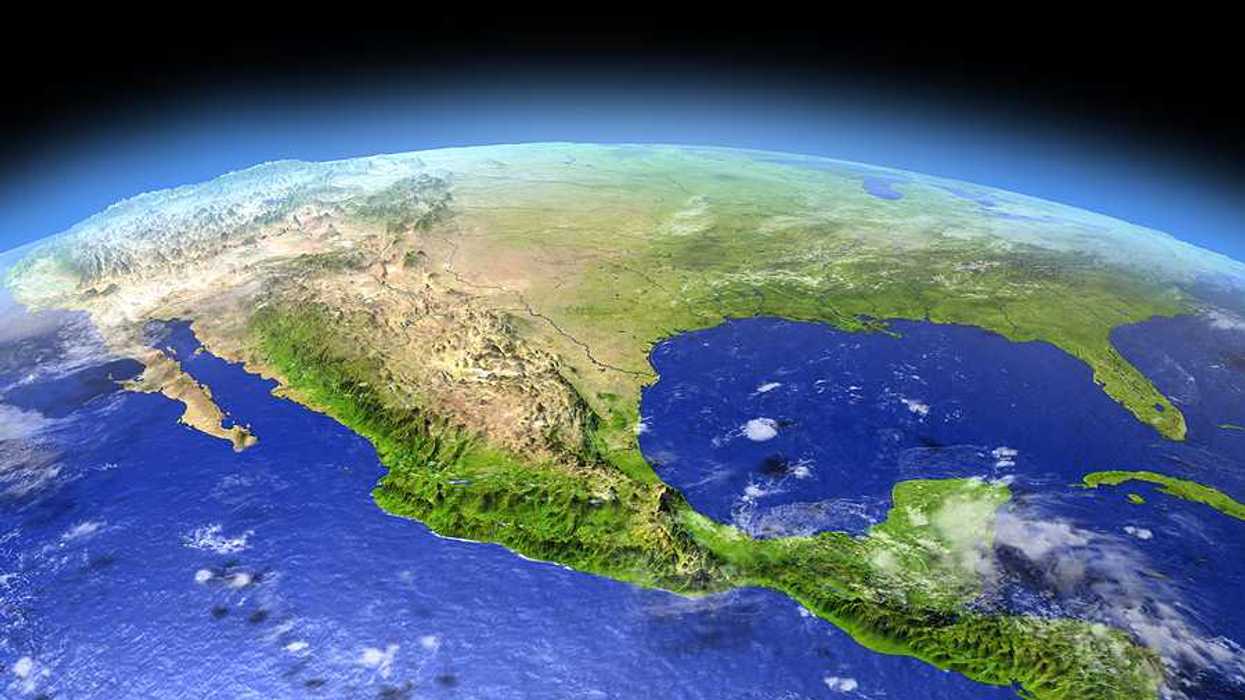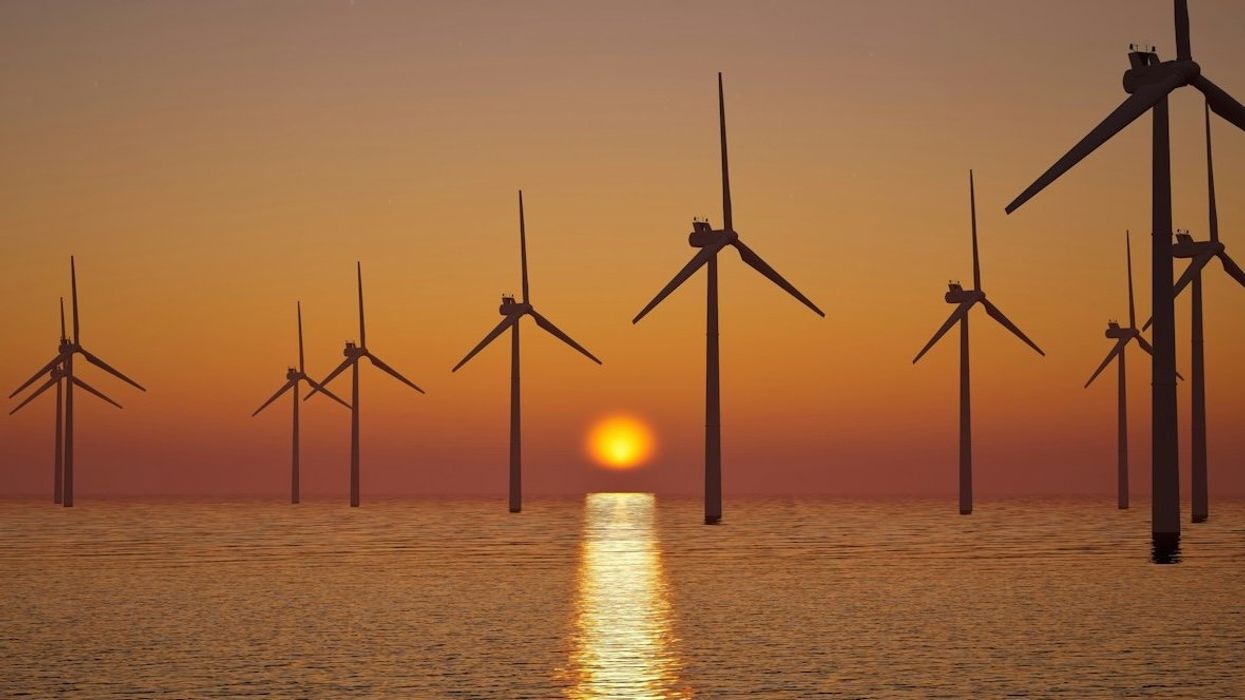The U.S. is grappling with a dwindling number of wildland firefighters, essential defenders against the escalating threat of wildfires, as inadequate government support and compensation push these crucial workers to the brink.
Abe Streep reports for ProPublica.
In short:
- Highly skilled wildland firefighters, essential in combating increasing wildfire threats, are leaving the profession due to low wages and high risks.
- The federal government's failure to adequately address pay and working conditions has led to a significant attrition rate among these crucial first responders.
- The physical and mental health toll on firefighters is exacerbated by exposure to dangerous conditions and bureaucratic hurdles in obtaining necessary support.
Key quote:
“Exposure to carbon monoxide and some of these other chemicals is going to impact the way we think.”
— George Broyles, a former wildland firefighter and public information officer
Why this matters:
The recruitment and retention of wildland firefighters have become increasingly difficult. The job is physically demanding, involves high risks, and often requires workers to be away from home for extended periods. Despite these demands, the pay and benefits for wildland firefighters have historically lagged behind other emergency response professions, making it less attractive as a career option.
As western wildfires become bigger and more intense, state and federal fire agencies are using more and more aerial fire retardant, prompting concerns over fish kills, aquatic life, and water quality.














